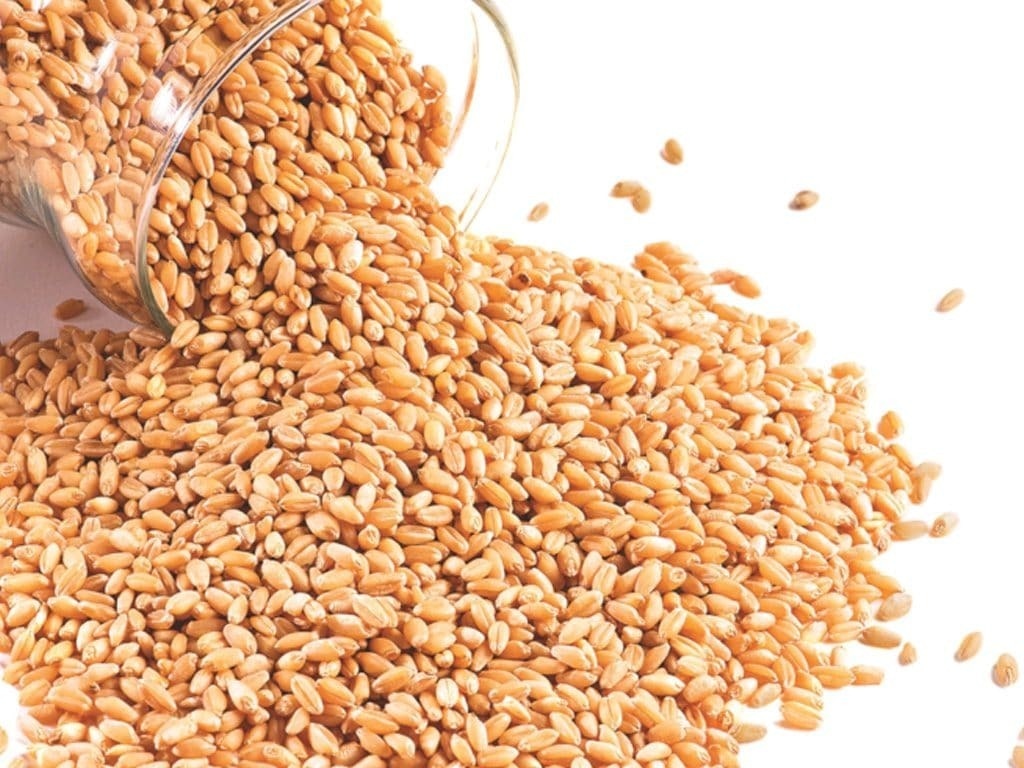Pakistan’s wheat import needs will decline: FAO

The Food and Agriculture Organisation (FAO) of the United Nations has forecast that Pakistan’s wheat import requirements would decline significantly in the coming year.
According to the Pakistan-specific report of Global Information and Early Warning System (GIEWS), released by FAO on Wednesday, adequate soil moisture benefits ongoing planting operations of the 2024 wheat crop, almost entirely irrigated, especially in the main producing provinces of Punjab and Sindh.
The area sown is forecast at an above-average level of nine million hectares, driven by near-record domestic prices of wheat flour and by strong local demand of wheat-based products, the report says.
According to Irsa, as of early October, irrigation water availability in the main reservoirs was estimated to be above average, which is expected to support planting operations and to boost yields.
In 2023-24, wheat import requirements is forecast to be the level of 1.8 million tonnes, but would decline significantly from the high quantity of wheat imported between 2020-21 and 2022-23, the report says.
Till the next crop is harvested, the country is expected to import substantial quantity of wheat for the third consecutive marketing year, reflecting the need to improve market supply amid surges in domestic prices, the report says. The current tight market situation stems from below-average outputs and high export flows between 2018 and 2020, significant wheat stock losses caused by widespread floods in 2022, coupled with domestic demand in line with demographic growth, the report says.
The lingering effects of the widespread floods in 2022, which caused severe losses of livestock and food stocks, and damaged housing and infrastructures, also contribute to the food insecurity, the report said.
Source Link: https://www.hellenicshippingnews.com/pakistans-wheat-import-needs-will-decline-fao/














